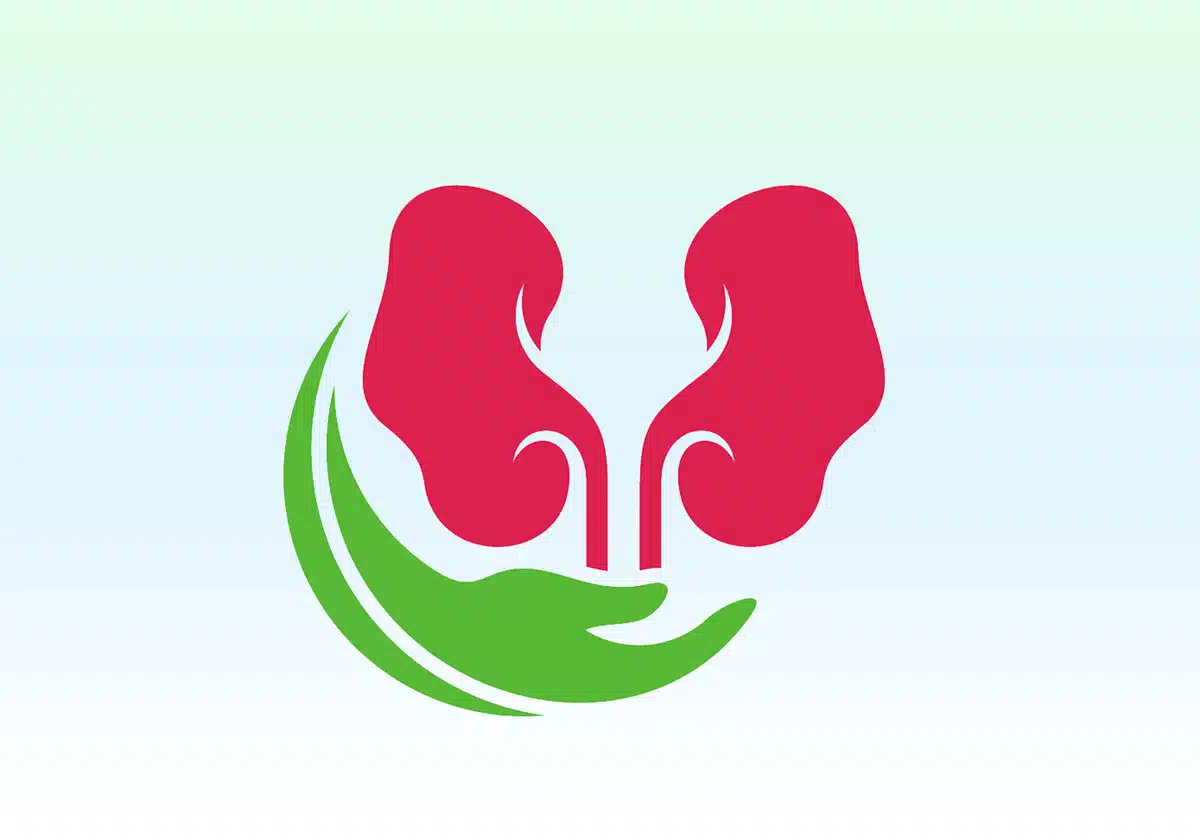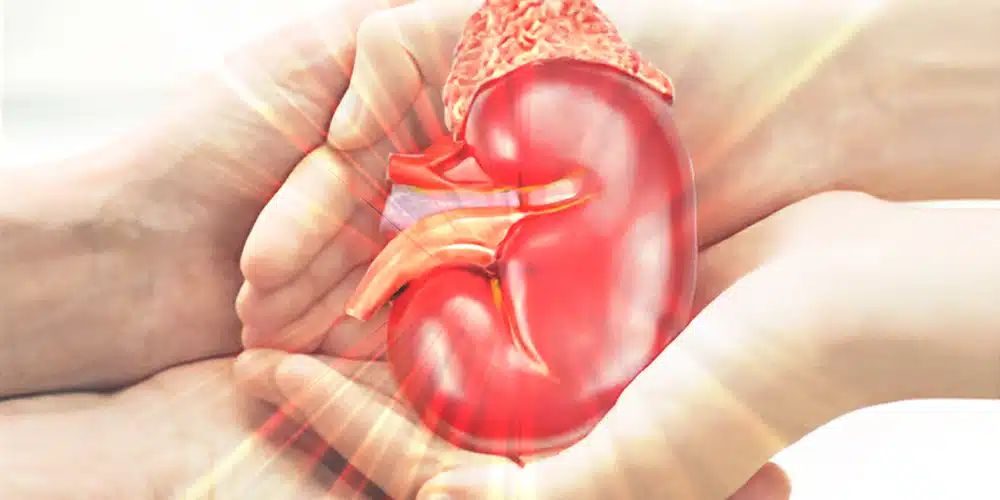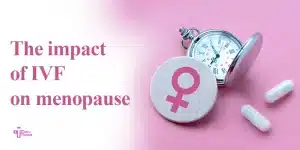Recovery period
The kidney transplant hospitalization for donors vary depending on the individual’s rate of recovery and the procedure itself, but it usually takes about 4 to 6 days. After leaving the hospital, you may feel itching and some pain while your incision is healing. For about 6 weeks after the surgery, lifting heavy objects -including your child- is not recommended. If your job is physically demanding, it is better not to work for a month and a half. Furthermore, it is better to avoid contact sports such as soccer, boxing, and wrestling to reduce the chance of putting your remained kidney in danger. You should consult with your doctor to find the best ways to go back to normal as soon as possible. You should know that the incision scar might be left on your skin.
How does living donation affect the donor’s life?
People can live normally with one kidney if their health is completely evaluated before donation. When one kidney is donated, the other one enlarges to compensate for the work of the other one. Having regular exercise is beneficial for your health; however, it is recommended to avoid harsh sports in order to keep your kidney safe. Kidney donors should have medical check-ups every year including a urine test, a blood pressure check, and a blood test for evaluating kidney function (GFR).
Life expectancy

Emotional condition after donating a kidney
After donating a kidney, you may experience various emotions like anxiety and depression. Generally, Living donors describe their experience as a positive decision, although they may still have some worries about the transplant results as well as their own recovery. Even when both the recipient and the donor are doing well, it is not unusual to experience some levels of depression. For overcoming anxiety and depression, talk with your family and your transplant team about your feelings. If it is necessary, take the advantage of a therapist’s recommendations. Moreover, you can use the support of another donor who has gone through the same feelings and got back to their normal life.
Dietary restrictions after kidney donation
Pregnancy after donation
Does kidney transplant affect the pregnancy? It is possible to get pregnant after kidney donation, but it is not often recommended for at least 6 months. Before getting pregnant, you should talk with your transplant team to make sure you are in a good physical condition to carry a child. Even though generally living donors do well with pregnancy, there might be a small increased risk for gestational diabetes, pregnancy hypertension, having protein in the urine, and pre-eclampsia. Living donors who are pregnant should be monitored for these potential complications.
Some recommendations for kidney donors
- Be in touch with your medical team: After donation, your transplant team will arrange a follow-up plan for you that usually starts a few weeks after the operation. These appointments are important so be careful not to skip or delay the sessions.
In addition, you should have annual check-ups to test your urine and blood to see whether your kidney is working well. If you notice blood in your urine or any unusual swelling, inform your doctor since it may be a sign that your kidney is not working well.
- Have a healthy lifestyle: you should try your best to maintain a healthy lifestyle by having a healthy diet and quit smoking and over-drinking. In addition, try to stay hydrated, because water keeps your kidney working right.
If you do sports, be cautious about contact sports, because they may cause potential damage to your kidney. If you are into this type of sport, you can consult with your doctor about that. They may suggest you wear a padded protective vest. In general, donating a kidney is a priceless gift to another human, letting them survive and go back to a healthy life which they were deprived of for a long time. Therefore, a donation could be so satisfying for the donors as well.
If you need more information on this topic and want to consult, contact us NOW.
The consultant medical doctors of TebMedTourism Co. are at your service for free.














